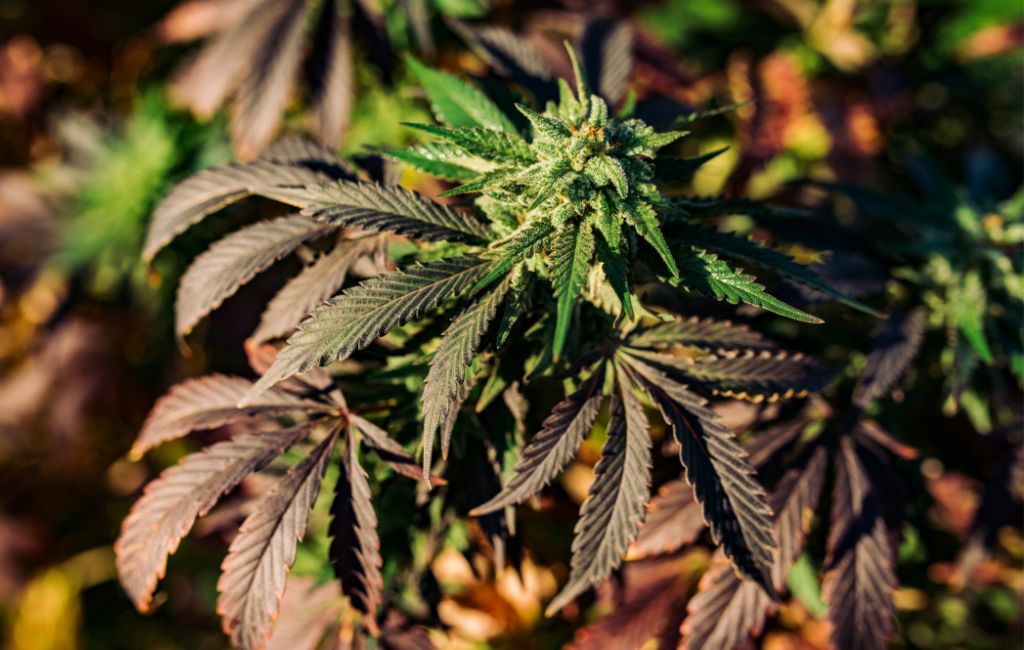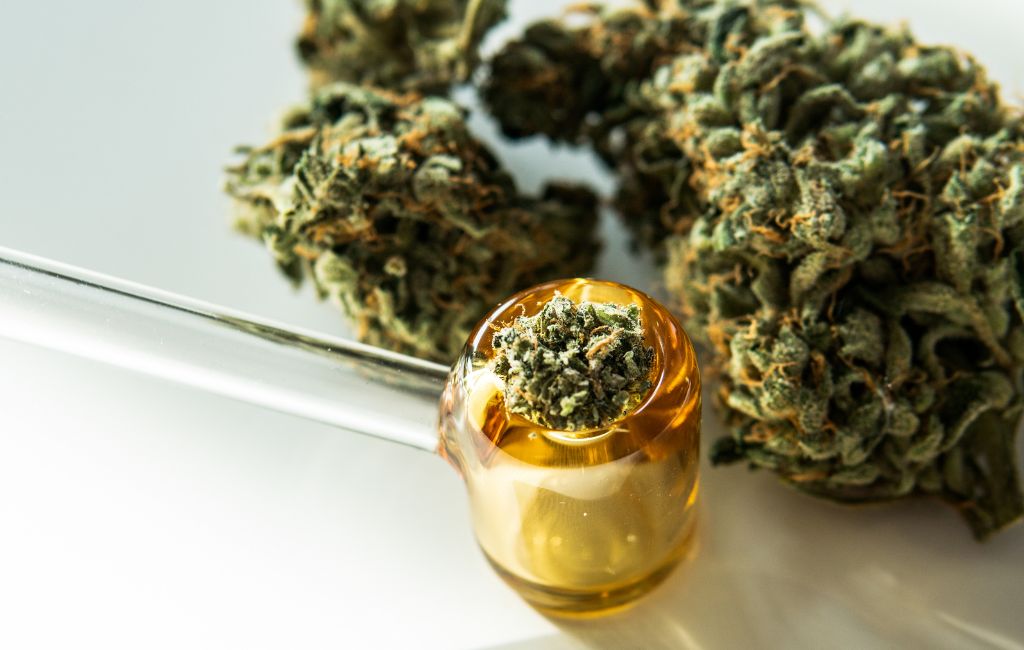THCa Flower Side Effects: What You Need to Know
As the interest in cannabis continues to grow, many are exploring the various compounds found within the plant. One such compound is THCa, or tetrahydrocannabinolic acid, which is the precursor to THC, the psychoactive component of cannabis. While THCa itself is non-psychoactive, it has garnered attention for its potential therapeutic benefits. However, like any substance, it is important to understand the possible thca flower side effects associated with its use.
Understanding THCa
THCa is found in raw and live cannabis plants. When cannabis is heated through smoking, vaping, or cooking, THCa is converted into THC, which is responsible for the “high” associated with cannabis. THCa is believed to have anti-inflammatory, neuroprotective, and anti-emetic properties, making it a subject of interest for medical research.
Potential Benefits
- Anti-inflammatory properties that may help with conditions like arthritis.
- Neuroprotective effects that could be beneficial for neurodegenerative diseases.
- Anti-emetic properties that might assist in reducing nausea and vomiting.
Common Side Effects of THCa Flower
While THCa is generally considered safe, some users may experience side effects. These can vary based on individual tolerance, dosage, and method of consumption.
Gastrointestinal Issues
Some users report experiencing mild gastrointestinal discomfort after consuming THCa. This can include symptoms such as nausea or an upset stomach. These effects are typically mild and temporary.
Allergic Reactions
Though rare, some individuals may have allergic reactions to cannabis products, including THCa. Symptoms can range from mild skin irritations to more severe respiratory issues. It is advisable for new users to start with small doses to monitor any adverse reactions.
Interaction with Medications
THCa may interact with certain medications, particularly those metabolized by the liver. This can alter the effectiveness of the medication or increase the risk of side effects. Consulting with a healthcare provider before using THCa is recommended for those on prescription medications.
Case Studies and Research
Research on THCa is still in its early stages, but several studies have highlighted its potential benefits and side effects. A study published in the “Journal of Neuroimmune Pharmacology” explored THCa’s anti-inflammatory properties, showing promising results in reducing inflammation in animal models. Another study in the “British Journal of Pharmacology” examined its neuroprotective effects, suggesting potential benefits for conditions like Parkinson’s disease.
Despite these promising findings, more research is needed to fully understand the long-term effects and safety profile of THCa. Current studies are limited by small sample sizes and a lack of human trials.
Statistics on THCa Usage
According to a survey conducted by the Cannabis Research Institute, approximately 15% of cannabis users have tried THCa products. Of these, 60% reported positive effects, while 10% experienced mild side effects. The remaining 30% did not notice any significant changes.
These statistics highlight the variability in individual responses to THCa, underscoring the importance of personalized approaches to cannabis use.
Safe Consumption Practices
For those interested in trying THCa, there are several practices that can help minimize the risk of side effects:
- Start with a low dose and gradually increase as needed.
- Choose reputable brands that provide third-party lab testing for their products.
- Consult with a healthcare provider, especially if taking other medications.
- Monitor for any adverse reactions and discontinue use if necessary.
Conclusion
THCa offers potential therapeutic benefits, but it is not without its side effects. Understanding these effects and taking appropriate precautions can help users make informed decisions about its use. As research continues to evolve, it will provide further insights into the safety and efficacy of THCa, paving the way for its potential role in medical treatments.



